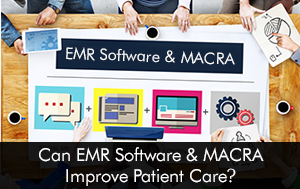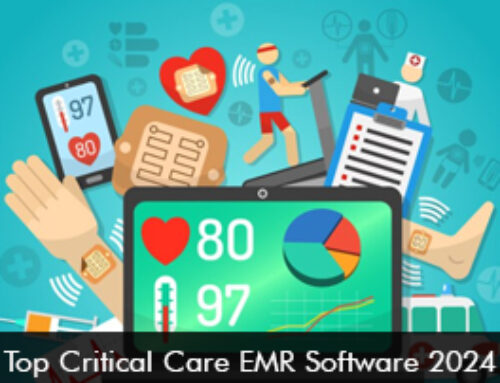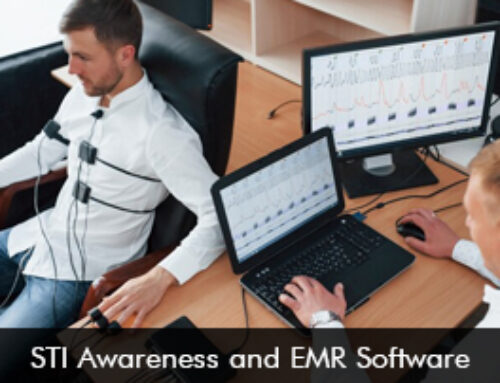Healthcare industry experts, talking about MACRA, always discuss the fact that how the transfer to a value-based reimbursement will prove a good thing for healthcare in the longer run. Since then money is being spent on only that care which really provides value. This fact is denied by a number of doctors too. They believe that this value-based reimbursement won’t create the value it claims to create. Both of these analyses ignore many of the benefits that MACRA and the shift towards Electronic Medical Records (EMR) Software has to offer to healthcare. The reality which is often ignored suggests that many of these inspiring initiatives in healthcare would not be occurring today without programs like MACRA and the implementation of Electronic Health Records (EHR) software. Some of these improvements are discussed below.
e-Prescribing (e-Rx)
The extensive use of e-Prescribing (e-Rx) EMR Software in healthcare could be a simple example. It is really hard to even imagine the number of lives that have been saved and the number of patients that have been cured owing to the millions of prescriptions that are delivered electronically every single day in an easily legible format. Unfortunately, there is no good way to find out how many prescriptions were misinterpreted or how many hours were spent trying to verify the right prescription because of the illegible handwriting on those prescriptions. Moreover, these electronic prescriptions also provide a source for the prescribed medicines; which was impossible to do with a handwritten prescription. All the prescriptions are saved on the Cloud-based EMR software.
Security and Privacy
Due to MACRA’s simple HIPAA risk assessment requirement and Meaningful Use (MU) before it, organizations have started taking their efforts for privacy and security more seriously. Although the work of security and privacy is never done to be enough, still organizations today are more informed today of risks than they used to be almost 5-10 years ago. This happened mainly due to the HIPAA risk assessment requirement.
Personalized Medicine
When personalized treatment is under consideration, almost all of the new opportunities made available in this regard are due to our shift to Practice Management (PM) and EMR/EHR Software. Although, some basic Clinical Decision Support (CDS) was available as early as an app. However, those were more related to electronic reference materials than proper personalized care. Truly personalized medicine is based on a patient’s unique health data that could provide the best quality Clinical Decision Support (CDS) at the moment of care. Doctors have started using technology as an asset to leverage a patient’s data to provide more personalized treatment to their customers. These personalized medication initiatives are backed by the movement started by EMR systems and quality reporting programs like MACRA.
The Road to Interoperability
This is a well-known fact that government programs till date indeed have not succeeded at providing true health data interoperability for making data transferable and for better Patient Engagement. This holds true even if widespread sharing of health data in hard copy is ignored. Faxing individual records was acceptable as it was not responsible to ask that a provider organization share all its medical records in real time with whatever new provider might require as the patient used the healthcare system. While interoperability is still not a reality, at least it is possible now.
Prior to MACRA and EMR/EHR/PM software, this possibility was not even under discussion.







